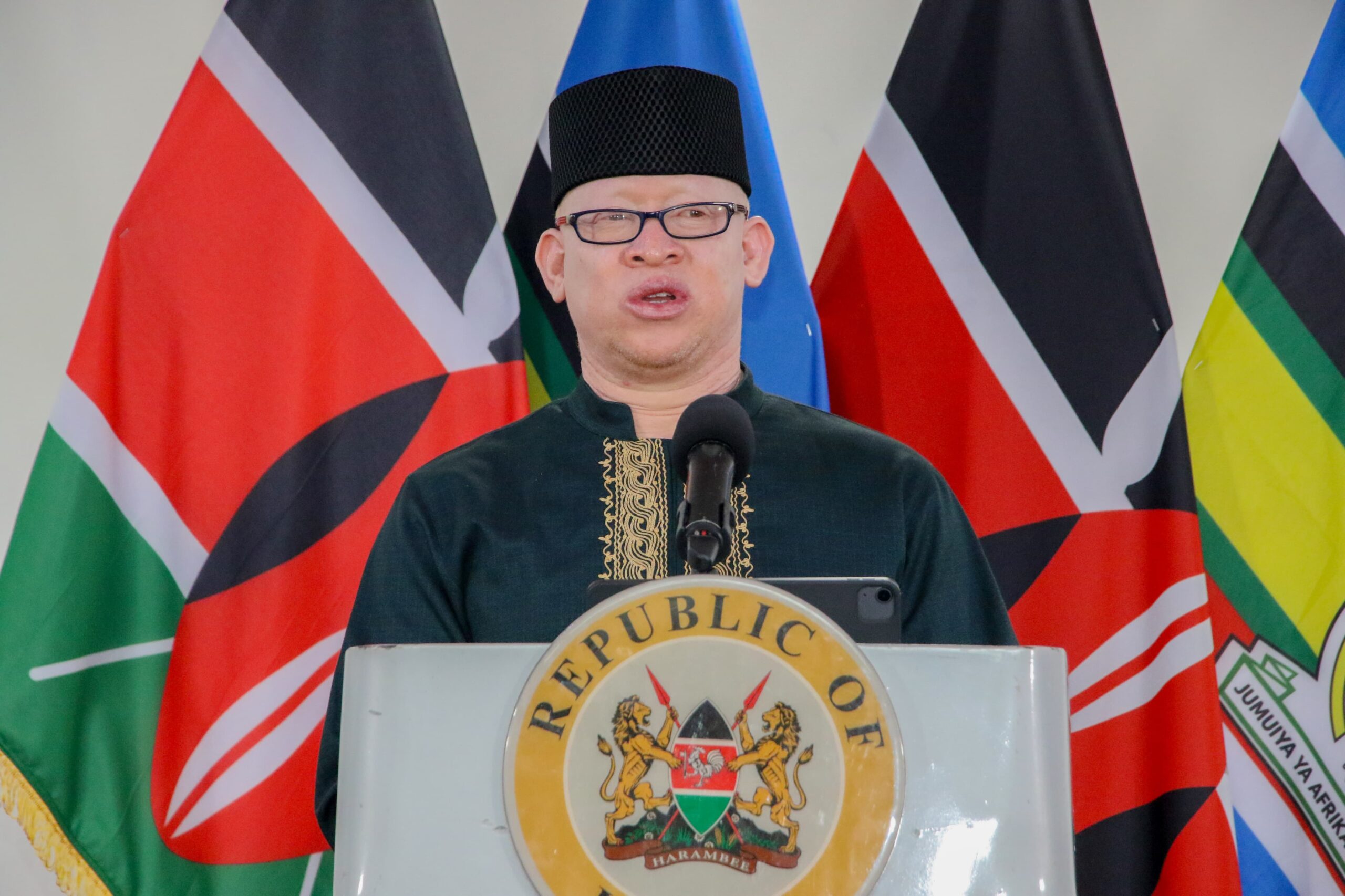

The government has committed to strengthening Public-Private Partnerships (PPPs), stating that they are vital for sustainable development.
Government spokesman Isaac Mwaura said today’s economic challenges make it essential for Kenya to embrace PPPs as an alternative to traditional financing models.
“Beyond infrastructure, PPPs offer Kenya many advantages. They help reduce public debt, as the government can allocate resources to other priorities while the private sector shares project risks,” he explained.
In a statement on Monday, Mwaura added that private sector efficiency and modern management practices make PPPs more cost-effective, delivering high-quality services and ensuring better value for Kenyans.
“Notable projects such as the Nairobi Expressway and the Ruiru Affordable Housing Project illustrate how public-private partnerships are already transforming Kenya,” he said.
He added that one prominent example currently in development is the Adani JKIA Privately Initiated Programme (PIP), valued at approximately Sh270 billion to expand Jomo Kenyatta International Airport.
“Originally designed in 1978, the airport’s infrastructure has been exceeded by the growing passenger capacity, underscoring the urgent need for expansion,” he explained.
Mwaura added that PPPs are proven globally to drive progress and development, with examples such as the expansion of Heathrow Airport in the UK and John F. Kennedy Airport in the USA through similar partnerships.
Mwaura further announced “substantial” progress in reducing the cost of living for Kenyans.
He said the government, through coordinated efforts across multiple sectors, is making tangible strides to improve affordability and economic resilience for all Kenyans.
“Fuel prices have now gone down without subsidies. Kenyans are experiencing immediate savings on transport and energy costs. This change benefits not only consumers but also small businesses and agricultural producers who rely on affordable transportation to bring products to market,” he said.
He added that the Kenyan shilling has seen remarkable stabilisation against the dollar, now standing at Sh130 compared to Sh162 at the beginning of the year.
“This currency stability is a major advantage, especially in a global economic landscape that faces persistent volatility,” he said.


 © The Star 2024. All rights reserved
© The Star 2024. All rights reserved